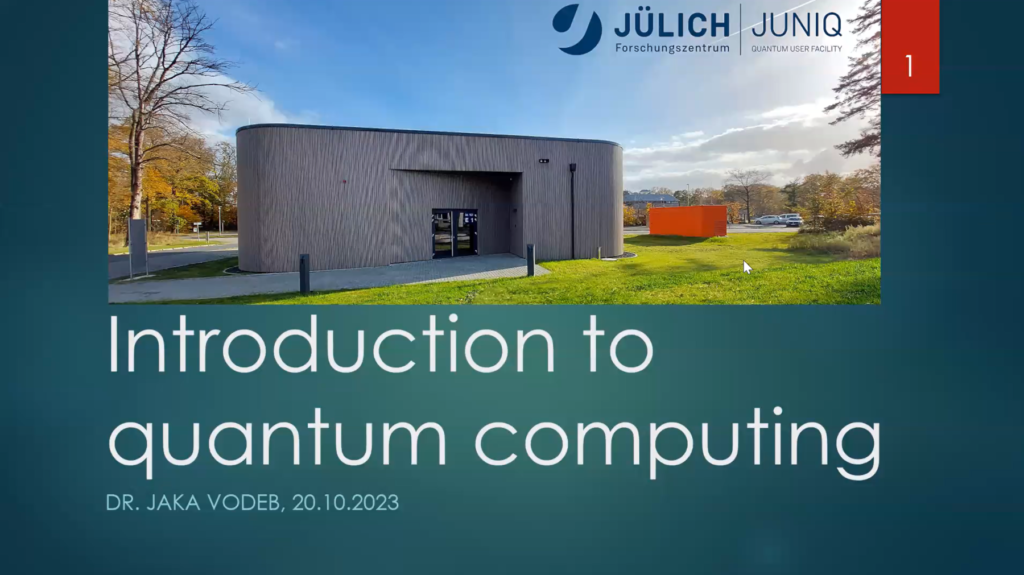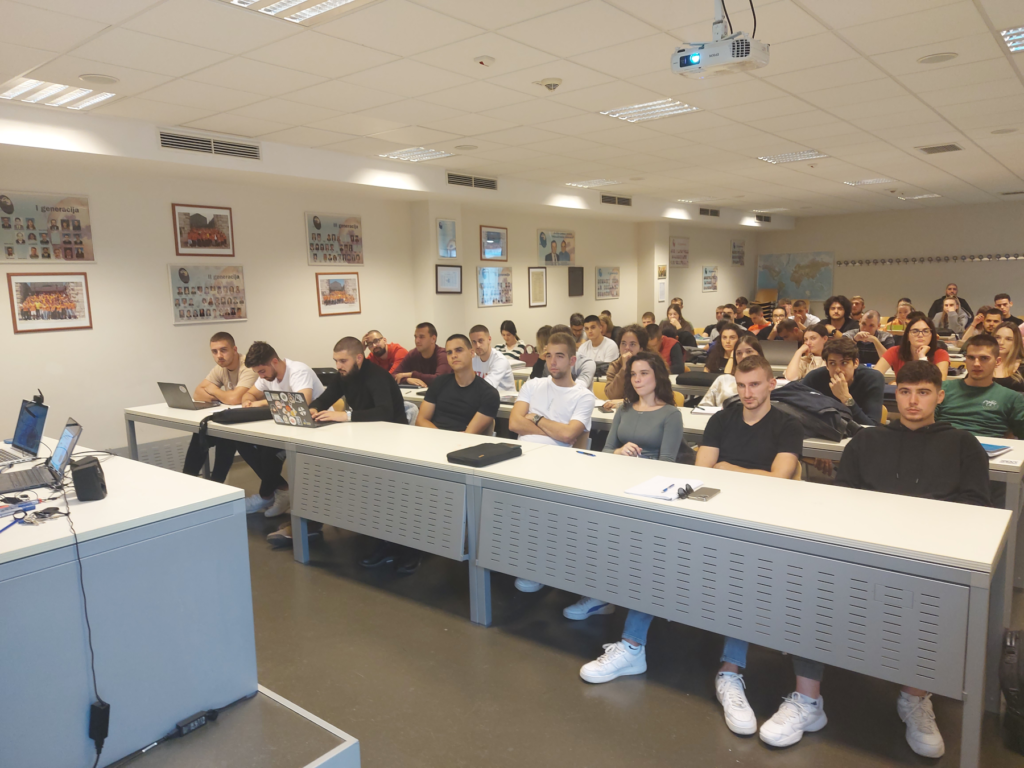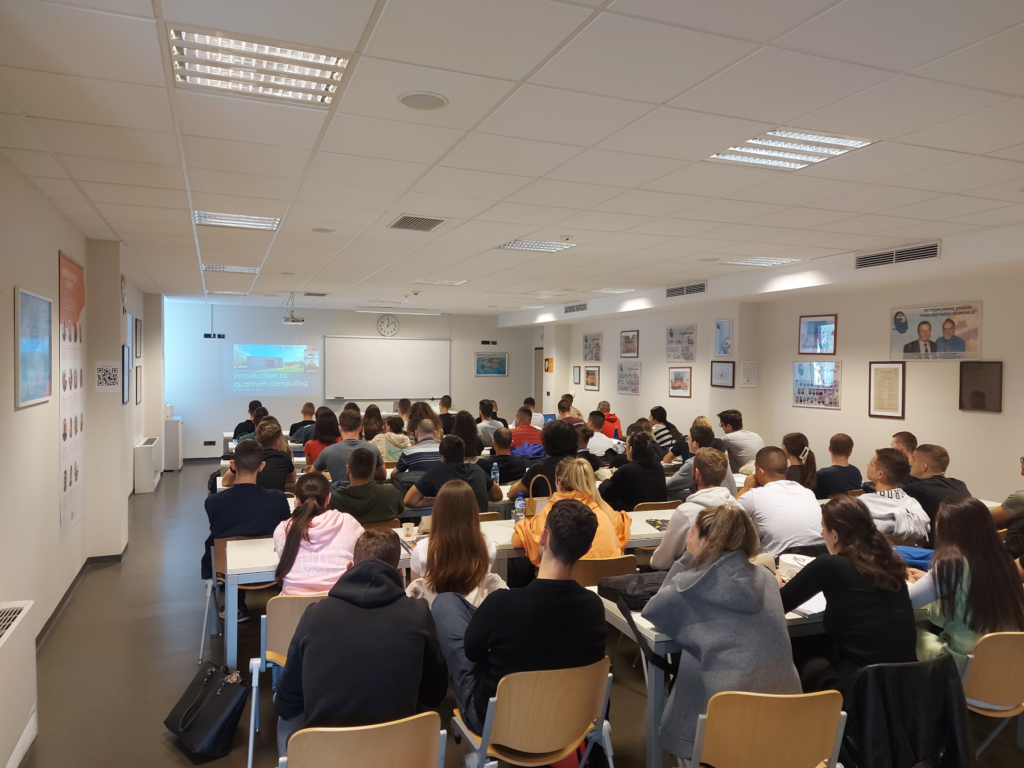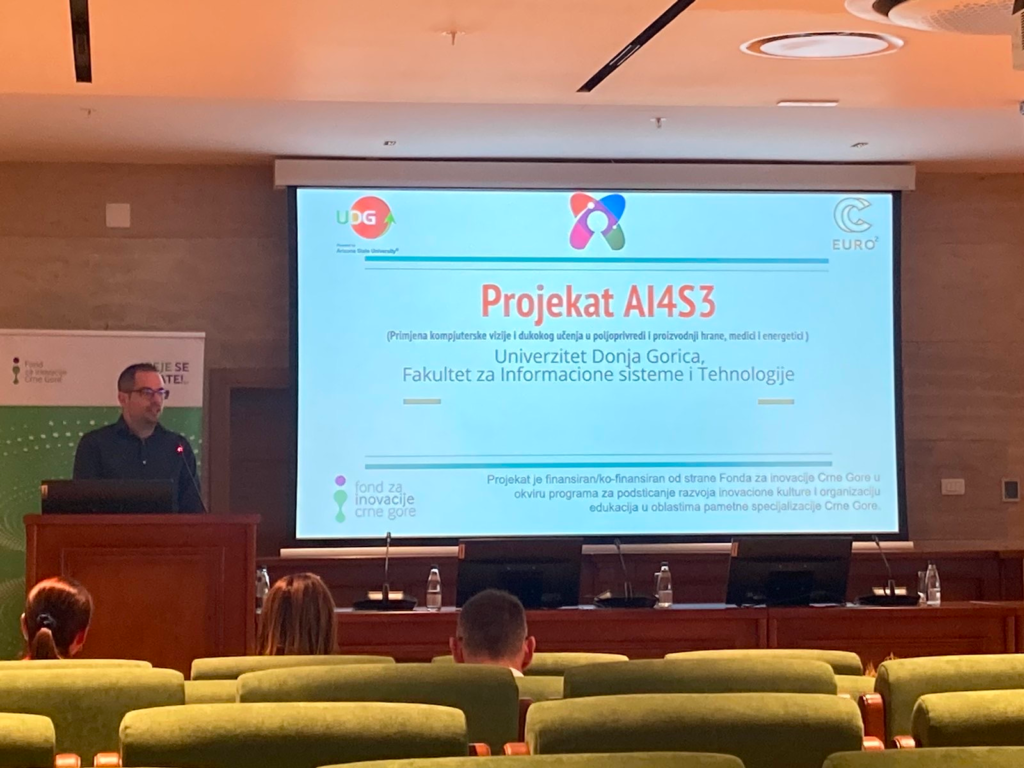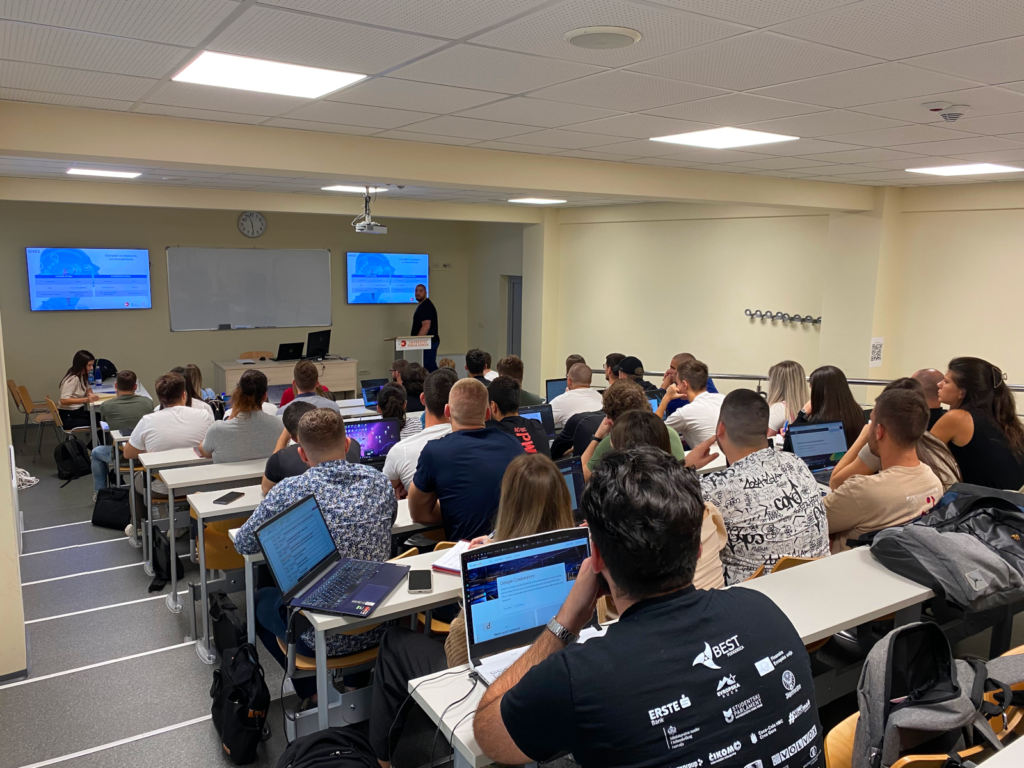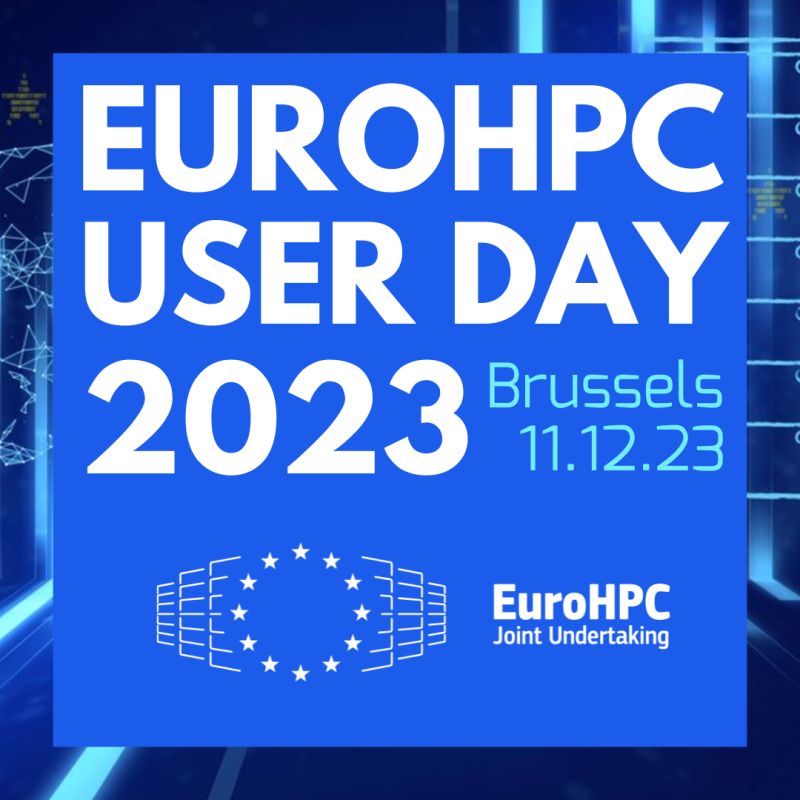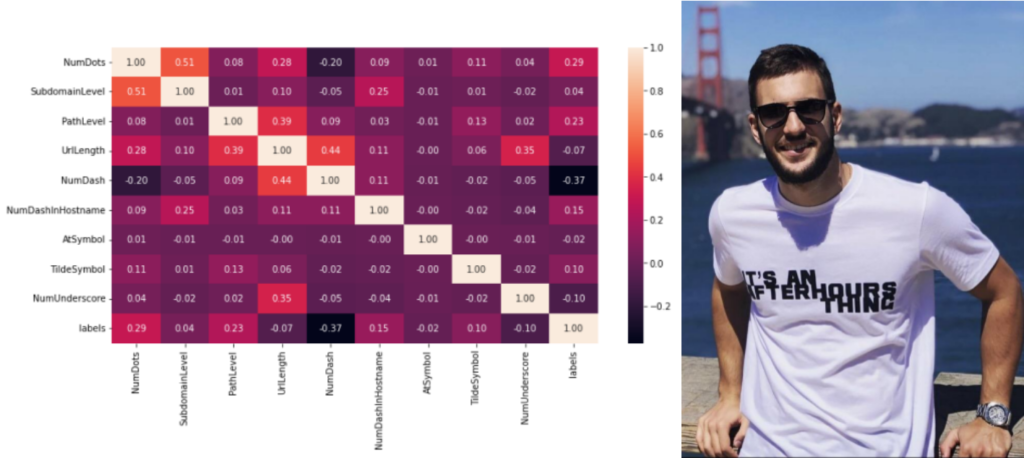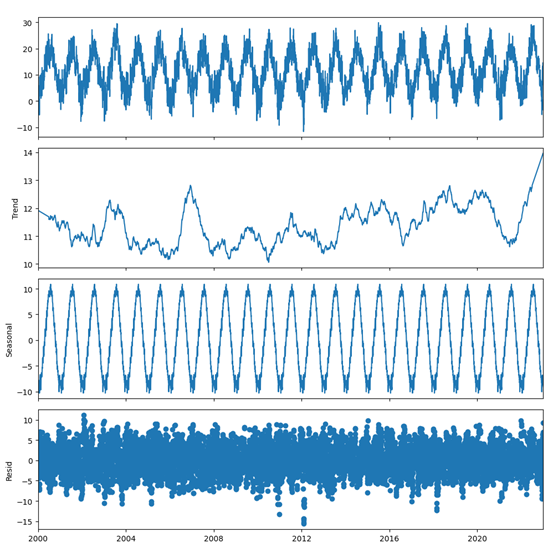Representatives of HPC NCC Montenegro, University of Donja Gorica participated at HPC Industry Summit, which took place at GLS Campus Berlin, Germany from 18-19 October 2023 organized by EuroCC and FF4EuroHPC projects.
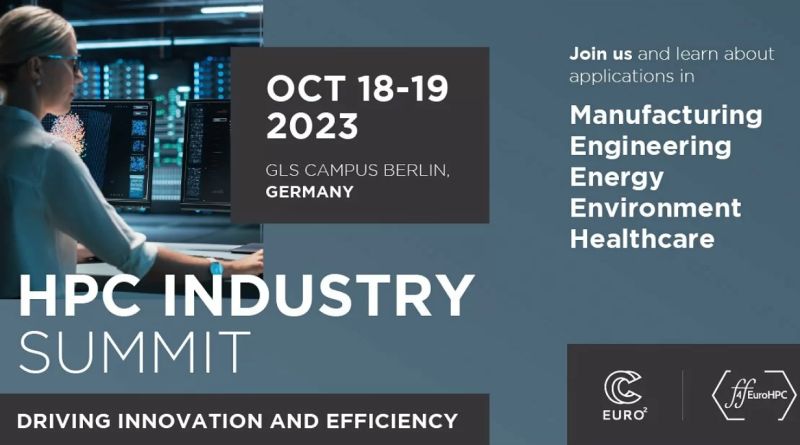
In today’s rapidly evolving industrial landscape, the adoption of High-Performance Computing (HPC) has become paramount for staying ahead of the competition. HPC Industry Summit provided a unique platform for attendees to explore the industrial uptake of HPC and to discover a wealth of use cases and success stories from SMEs in various sectors, demonstrating how HPC has catalyzed breakthrough innovations, streamlined processes, and maximized productivity.
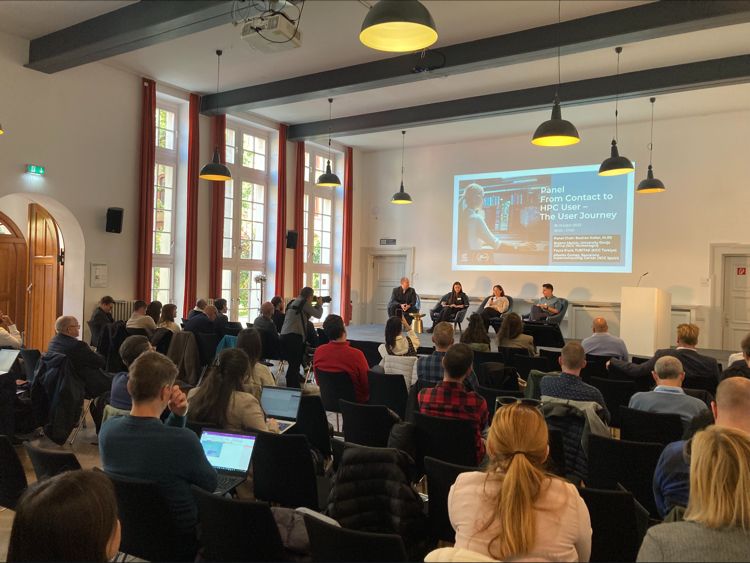
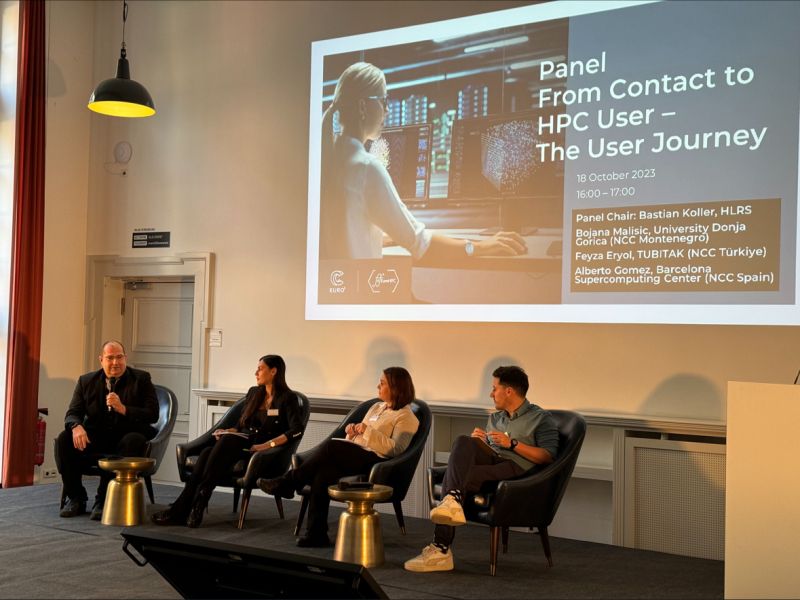
During the event and first day, NCC Montenegro representative, Ms. Bojana Malisic participated as a panellist in the session ‘𝗙𝗿𝗼𝗺 𝗖𝗼𝗻𝘁𝗮𝗰𝘁 𝘁𝗼 𝗛𝗣𝗖 𝗨𝘀𝗲𝗿 – 𝗧𝗵𝗲 𝗨𝘀𝗲𝗿 𝗝𝗼𝘂𝗿𝗻𝗲𝘆’ and shared the status of the MNE HPC user base and how we can engage more efficiently with industrial users to increase the use of HPC in business processes in Montenegro and Europe. During the discussion, we addressed the challenges and the strategy to collaborate with academic and industrial users successfully.
Attendees had opportunity to dive into the world of cutting-edge infrastructures and services specifically tailored to assist businesses in harnessing the full potential of HPC and to gain actionable insights, network with industry leaders, and uncover the transformative power of HPC in transforming your organization’s success.
The live stream were available via the FF4EuroHPC YouTube channel at the folowing link.


